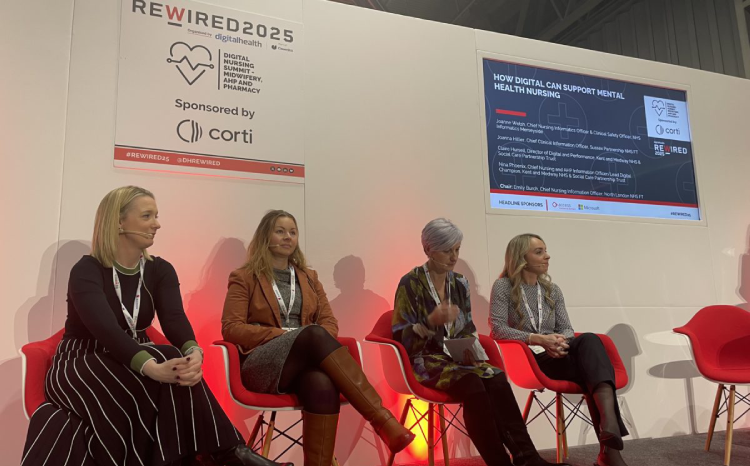Staff workflow key to health IT success, says study
- 2 February 2006
Healthcare IT implementations could risk failure if care is not taken of how users react to the tasks they are given, rather than technology itself, a study undertaken by the University for Health Sciences, Medical Informatics and Technology in Austria is suggesting.
Existing project management frameworks tend only to focus on whether users can operate the systems and whether or not the systems are fit for purpose, says the study. New work processes caused by the technology are equally as important, it stresses.
Indeed, when users come up against problems with the tasks the technology gives them to do, the complaint often manifests itself as a problem with the IT, rather than work processes.
The paper proposes a new framework, FITT ("Fit between Individuals, Task and Technology"), based on a study of the implementation of a nursing IT system at University Hospitals of Heidelberg. Users’ reaction to their new roles after IT is implemented was extremely important to how successful the implementation turned out, argue the researchers.
"For example, introduction projects may fail because nurses are not sufficiently motivated for nursing process documentation at all, independent of the tool used," states the paper. "Physicians may not be motivated to do a complete order entry themselves, instead ordering a nurse to complete the order, because of the additional time it will take them."
Another example of when problems with IT systems can be confused with problems with new workloads is when organisational change happens at the same time. The study cites examples of new order entry systems being boycotted by doctors because they believed the technology to be "unsafe". However, this isn’t necessarily the case. "The problems are mostly coming from a more fundamental ill-acceptance of the new task to be done."
To combat this, training and support is important, as well as user involvement in system design. "Individuals and tasks are rather different in the various settings, requiring high flexibility of the IT system and individual IT introduction and support activities to get the best fit for each ward. This helps to explain why we can find different IT adoption even when the same software and hardware is introduced."
In their case study of the University of Heidelberg hospitals, researchers found that nurses in the paediatric ward experienced a large rise in their documentation burden after the IT system was implemented "without bringing obvious benefits to the nurses". Psychiatric nurses, on the other hand, experienced no further burden as their paper-based documentation workflows were already quite advanced.
Managers can help users out with dealing with their new tasks by clarifying staff responsibilities and fitting working processes around the individuals; problems in the paediatric ward in the case study were alleviated by reorganising the workflow of the nurses. Continuous monitoring of the implementation is also important, as staff levels and organisation objectives change. The researchers recommend taking regular feedback.
The study is published in BioMed Central Medical Informatics and Decision Making, and can be downloaded for free from http://www.biomedcentral.com/1472-6947/6/3.




